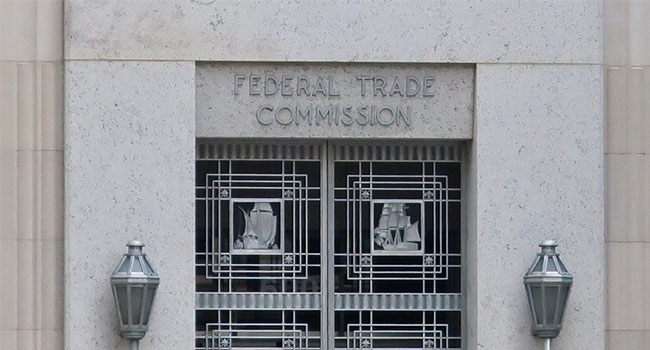
FTC Bans Company From Selling ‘Stalkerware’ Monitoring Apps
Retina-X’s apps posed several security risks to users thanks to lax data protections and loopholes that allowed mobile devices to be monitored without the user’s knowledge.
- By Haley Samsel
- Oct 30, 2019
In an unprecedented step, the Federal Trade Commission has barred a company and its owner from selling “stalking” apps that allow people to monitor mobile devices unless significant steps are taken to ensure the apps are being used for “legitimate purposes.”
Retina-X Studios, LLC and its owner, James N. Johns, were charged with developing three mobile apps that allowed buyers to monitor the mobile devices on which they were installed. This monitoring could take place without the permission or knowledge of the device’s user, according to a release from the FTC.
One app, MobileSpy, was promoted as a way to monitor employees and children. Two other apps created by Retina-X, PhoneSheriff and TeenShield, were marketed as tools to monitor children’s phone use. More than 15,000 subscriptions were purchased before the company stopped selling the apps in 2018.
Perhaps most concerning was the company’s instructions to users about how to bypass mobile device manufacturer restrictions and how to remove an app icon from appearing on a device screen. These moves exposed the devices to security vulnerabilities and prevented a user from knowing the app was installed on their device, according to the FTC complaint.
“This is our first action against a so-called ‘stalking app,’” Andrew Smith, the director of the FTC’s Bureau of Consumer Protection, said in a statement. “Although there may be legitimate reasons to track a phone, these apps were designed to run surreptitiously in the background and are uniquely suited to illegal and dangerous uses. Under these circumstances, we will seek to hold app developers accountable for designing and marketing a dangerous product.”
In addition, the FTC found that Retina-X failed to “adequately secure” sensitive information collected from the devices and outsourced most of its maintenance and development to third parties. A hacker was able to gain access to sensitive information at least twice between 2017 and 2018. Allegations against the company included a lack of information security policies and regular security testing on its apps as well as inadequate oversight of its service providers.
Under the FTC’s proposed settlement of the case, Johns and Retina-X must agree to delete the data it collected from the apps. Most notably, the settlement prohibits the company from promoting, selling or distributing any monitoring app that requires users to go around a device’s security protections to install it.
Users must also go through a process to determine if they are using the app for “legitimate purposes,” as dictated by the FTC.
“Retina-X and Johns must require purchasers to state that they will only use the app to monitor a child or an employee, or another adult who has provided written consent,” the FTC said. “In addition, they must include an icon with the name of the app on the mobile device, which is only removable by a parent or legal guardian who has installed the app on their minor child’s phone.”
Retina-X is also required to develop a comprehensive information security program to ensure data security. Johns and his company will be subject to required third-party assessments of the program every two years, according to the FTC.
While cybersecurity activist group Fight for the Future applauded the commission’s actions against so-called “stalkerware,” Eva Galperin, the group’s cybersecurity director, told VICE Motherboard that she will be watching closely to see if Retina-X can ensure apps are being used for “legitimate purposes.”
“Depending on the ways in which these apps are used and the jurisdictions involved, using these apps to monitor children or employees is not necessarily legal either,” Galperin said.
About the Author
Haley Samsel is an Associate Content Editor for the Infrastructure Solutions Group at 1105 Media.